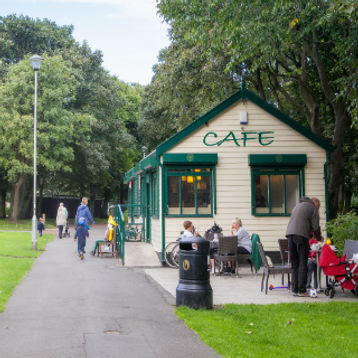top of page

.jpg)
The town of Blyth lies around thirteen miles north of the the city of Newcastle Upon Tyne, in the county of Northumberland.
Blyth is the largest town in Northumberland with a population of 37,339 at the 2011 census. The town is one of he north east's most important ports and research centres into renewable energy.
Blyth lies on several miles of unspoilt and uncongested Northumberland beach with plenty of free car parking. Blyth Battery museum with preserved world wat one and to gun emplacements is located on the links.
Ridley Park is a A beautiful well-kept park with two play areas, water play area, cafe, toilets and lots of space for picnics.
The public quayside has been regenerated in recent years and as well as places to stay and eat, is popular with fisherman.
There is a conservation area to the east of the town centre which houses a lighthouse dating from 1788 and stands behind a terrace which dates from the same time.
A multi million pound town centre regeneration has recently begun and will see a new hotel, bus station, arts centre and learning hub added in the years to come.
Although much of the towns heavy industry has faded into history, a strong manufacturing base still exists. Making things like Robotics, diving equipment, plastics and sheet metal fabrication.
History
Although the port of Blyth can be traced back to the 12th century, the town itself dates from the the beginning of the 18th century. The town is referred to as Blithmuth in 1236 and Blithemuth in 1250. Had this name persisted, the town would today be referred to as "Blythmouth" Blith coming from the old English word meaning 'gentle' or 'merry'.
The oldest archaeological find in the area was an antler hammer which dated from the Neolithic or Bronze age period. Mysterious bronze age rituals are known to have been performed in areas near water. These seem to have involved a darker side at Blyth, as there has been metalwork and human remains found in the river. The places where these early people lived have not yet been discovered in the area.
Into the 20th century Blyth became a huge producer of coal and the port exported it all over the world. The town boasted five mines at it's peak, Ship building was also an important industry with the worlds first purpose built aircraft carrier, HMS Ark Royal being built in the town by Blyth Shipbuilding and dry docks Ltd.
The town was an important submarine base in both world wars and there have been two Royal Naval warships bearing the town's name. The last of which was decommissioned in 2021, the vessel having been sold to Ukraine.

.jpg)
Links
Explore
Advertise
Follow
© 2020/21. blythhub.co.uk | Content Information | Privacy and Cookie Information
bottom of page








